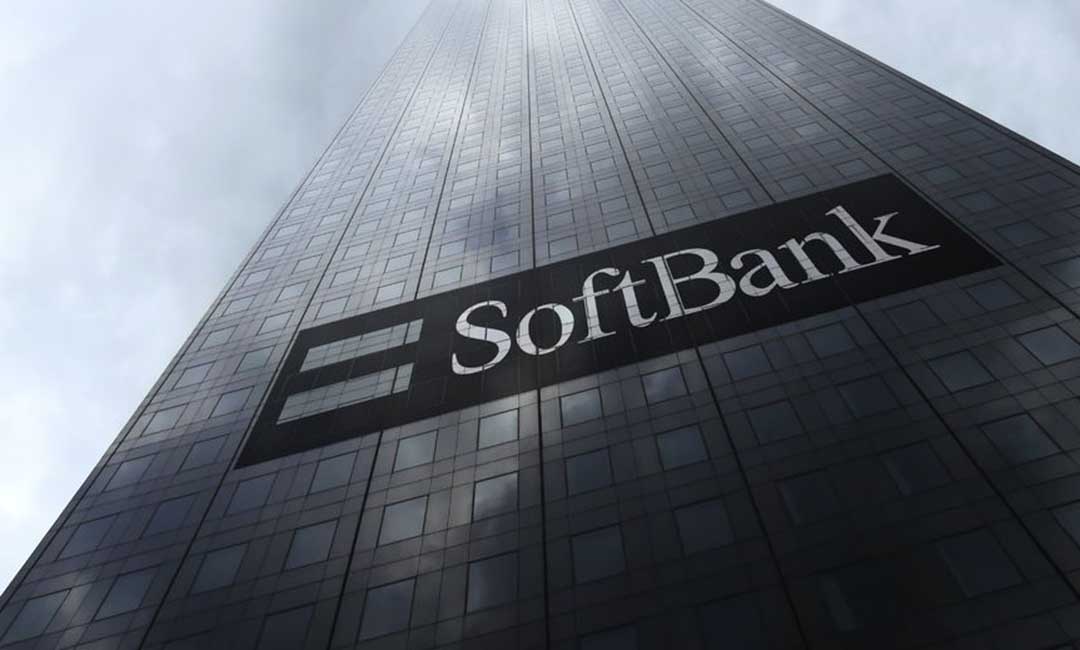Consolidation isn’t Uber’s strategy, Uber CEO Dara Khosrowshahi said so in an email to his employee after the American ride-hailing giant sold its SE Asian operation to local rival Grab this Monday.
However, consolidation seems to be the strong suit of Uber’s investor, the world’s largest tech investor, SoftBank.
On Tuesday, WANG Xing, founder and CEO of Meituan-Dianping, posted on Fanfou, the first Chinese Twitter-like service WANG co-founded, claiming that he heard on the grapevine SoftBank’s Masayoshi Son is orchestrating a merger between two of its most important investees in ride-hailing, Didi Chuxing and Uber.
If the rumor turns out to be true, just like how the Uber selling China unit to Didi rumor and Uber ceding SEA operations to Grab speculation wounded up becoming reality, then SoftBank would end up being the biggest winner in the global transportation market.
Interestingly, right at the end of last year, CHENG Wei, Didi founder and chief exec, while talking to local media Caijing right after Didi’s whopping US$ 4 billion investment from SoftBank among other investors, hinted an upcoming war between Didi and Uber.
He told Caijing that “A massive global war is on its way. Didi Chuxing is going to face a fierce competition with Uber in the global setting. But the competition between Uber and Didi Chuxing won’t be an end. The winner is going to compete or cooperate with automakers, Google and Tesla in autonomous driving. The final winner is going to revamp the transportation and vehicle space.”
And it seems that in Latin America, Didi Chuxing is about to ignite a blooding war against Uber.
The Beijing-based company has acquired Brazilian 99, Uber’s biggest competitor in the country and also a SoftBank investee, to tap into Uber’s second largest market outside of the US. Didi Chuxing is also recruiting in Mexico, another major market in the region, and is said to launch its service in the first quarter of 2018.
Almost in everywhere, ride-hailing industry is indeed a capital-driven industry, given the cash burned by companies to dole out discounted fares to riders and cash rebates to drivers. Uber is reportedly burning $2 billion a year.
In this cash burning war, Masayoshi Son’s SoftBank has invested globally in ride-hailing companies with its massive investment vehicle, the $100 billion Vision Fund. The Japanese conglomerate has invested in Ola in India, Grab in Southeast Asia and Didi Chuxing in China. It also became Uber’s largest shareholder in January this year after a 15% share purchase at a 30% discount.
If a consolidation between Uber and Didi Chuxing really happens, their shared investor SoftBank could potentially arrange which market the two companies should focus on to avoid a unnecessary competition. After becoming Uber’s largest shareholder, SoftBank has called Uber to focus on key markets, including the US, Europe, Australia and Latin America, according to previous media reports.
Eventually, Didi and Uber wouldn’t have to fight each other to death in a global setting, and they could, probably as CHENG suggested, start to collaborate with automakers and other transportation constituents to revamp the transportation and vehicle space.
